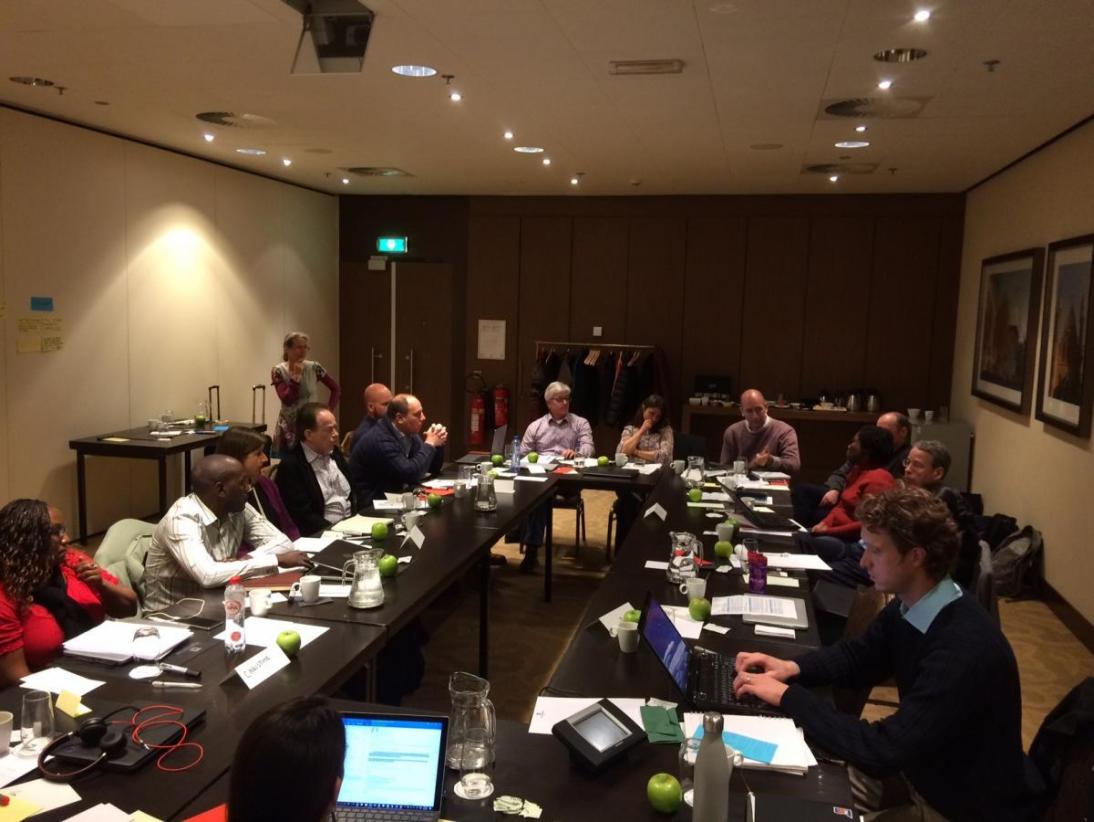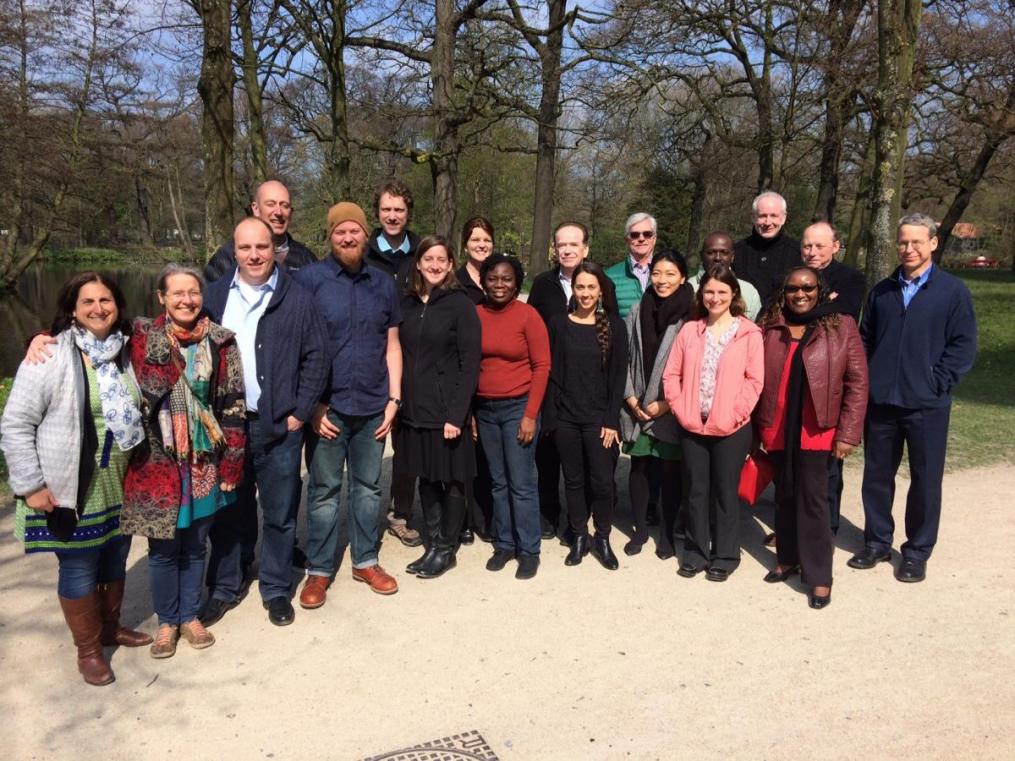In fact, it turns out we don't.
Published on: 02/05/2017

When you sit down with a group of experts and implementers who each have their own perspectives, terms like "full coverage," "business models," "systems for sustainability" and other commonly used terms in water, sanitation and hygiene (WASH) don't have clear universal definitions. A practitioner implementing in West Africa using business models can have a very different understanding of "systems for sustainability" than someone focusing on WASH advocacy in East Africa. What we do know is the business as usual methods we've been using for a long time often fail (see evidence below in box). Thus, vigorous debates are necessary to move the sector forward through questioning commonly held assumptions, typical practices and the terms we casually throw around but don't define.
Evidence on failing |
| • When it comes to water access we keep doing the same thing. And failing by Ajay Paul in The Guardian |
| • Myths in Rural Water Supply by RWSN |
| • Statistics on Water Failure page by Improve International |
The Conrad N. Hilton Foundation recently convened a workshop, populated primarily with Hilton grantees and facilitated by IRC and Stanford University, which provided a forum for these crucial above-mentioned debates and much more. The purpose of the workshop was for grantees and other experts to provide input into the global Theory of Change (TOC) and Monitoring, Evaluation and Learning (MEL) framework for the Hilton Foundation’s new 2017-2021 Safe Water Strategy. The need for the WASH sector to engage with donors in a new way has been widely acknowledged but less widely practiced. In this bold and appreciated step, the Hilton Foundation has chosen to lead by example, along with a few other sector donors, and try a new collaborative approach.
Despite the distraction of the nearby sea and the lovely views of The Hague, the workshop was very fruitful. There were engaging discussions on how we get to full coverage and long-term sustainability. We all grappled with what assumptions are needed as we consider a systems-based TOC with an end goal to achieve SDG 6.1 and what metrics must be measured to really understand whether progress is being made. The days of simply measuring how many wells are drilled are dwindling and being replaced with tough discussions about how we feasibly assess things, like capacity building and government leadership.
Thank you to the Hilton Foundation for spearheading this collaborative approach to program development. This workshop demonstrated that people from diverse organizations, including donors, can come together, put competitions and philosophical differences aside, and really listen, learn, engage and debate collaboratively. There is a still a lot of work to do to limit failures and improve sustainability, but this workshop was a great start.

At IRC we have strong opinions and we value honest and frank discussion, so you won't be surprised to hear that not all the opinions on this site represent our official policy.